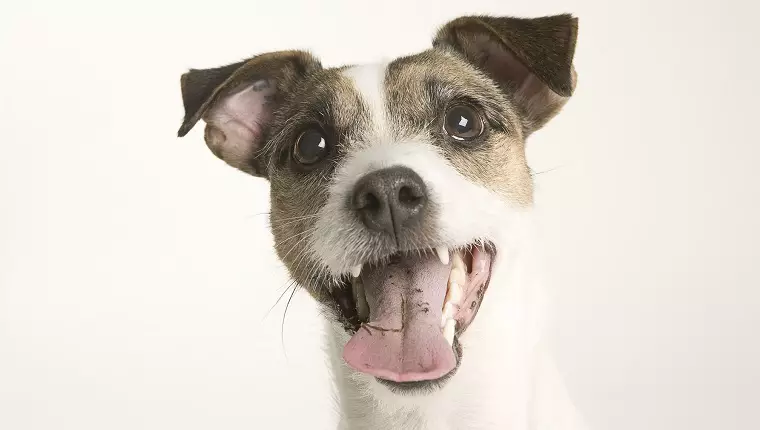Dogs hold a special place in our hearts, often bringing joy and comfort through their affectionate gestures, including those slobbery kisses. However, if those kisses are accompanied by a potent whiff of foul dog breath, the affection can easily morph into a source of distress. Bad breath, or halitosis, is a common concern among dog owners and is often linked to various dental issues. By understanding the underlying causes of this phenomenon and implementing effective remedies, we can ensure that our canine companions don’t just offer love but also fresh, clean breaths.
Dental disease is a prevalent issue that affects a significant number of adult dogs. Just like humans, dogs can develop plaque build-up that can lead to gingivitis and other serious oral health problems. These conditions not only cause bad breath but can also result in pain and difficulty eating. To mitigate these concerns, regular brushing of your dog’s teeth along with providing dental chews can be invaluable. Unfortunately, many pet owners overlook one crucial factor that can significantly influence their dog’s oral health: diet.
A poor diet high in sugars and additives can lead to an environment where bacteria thrive, resulting in unpleasant scents emanating from your pup’s mouth. If you notice a lingering odor, it may be wise to consult with your veterinarian regarding your dog’s nutrition and whether adjustments are necessary. Dietary changes can have a profound impact, helping to stave off foul breath while supporting overall health.
Dietary solutions for combating doggy halitosis often include adding specific items that are not only safe but also beneficial for your dog. One standout is plain, unsweetened yogurt. Many may not realize that yogurt is packed with probiotics that can promote a healthy digestive system and, in turn, improve breath quality. Just one to two teaspoons of yogurt can be beneficial, provided that your dog is not lactose intolerant. Always opt for plain yogurt to avoid harmful additives, and remember to steer clear of anything containing xylitol, a sweetener that can be toxic to dogs.
Incorporating fresh herbs into your dog’s diet can also make a significant impact. Herbs such as parsley and mint are known for their natural deodorizing properties and can help neutralize bad breath. These herbs can easily be mixed into their meals or can be infused into their drinking water. An innovative approach is to create a homemade breath freshener by boiling these herbs, cooling the solution, and using it in a spray bottle to mist your dog’s mouth before playtime.
Garlic is another food with potential benefits for canine breath but should be used with caution. When given in moderation, garlic may help tackle that nasty odor; however, excessive amounts are harmful to dogs. Always consult with your veterinarian for specific dosage guidelines based on your dog’s weight. For example, smaller dogs might require only a fraction of a clove, while larger breeds can have more. Understanding the levels of garlic that are safe is critical to ensure your dog’s health while attempting to freshen their breath.
Beyond diet, encouraging your dog to chew on appropriate items can be an effective way to maintain dental hygiene. Hard chew toys and beef bones can act as natural scrub brushes, eliminating plaque buildup while your furry friend enjoys themselves. Chewing is a natural behavior for dogs and can improve their overall dental strength if guided correctly. However, it’s essential to choose the right type of bones or chew toys, avoiding any thin or sharp varieties, as these can lead to choking hazards or internal injuries.
Beyond common natural remedies, it’s worth exploring whether other pet-friendly foods or supplements can help keep your dog’s breath fresh. Regularly consulting with veterinarians can provide additional insights into the best practices for maintaining your dog’s oral hygiene and overall wellness.
Ultimately, keeping your dog’s breath fresh can be achieved through a combination of good dental practices, careful dietary choices, and appropriate chewing habits. Engaging with your veterinarian to formulate a comprehensive plan can lead to a happier, healthier pup, and ensure that every slobbery kiss is a welcome expression of love rather than a cause for concern.

